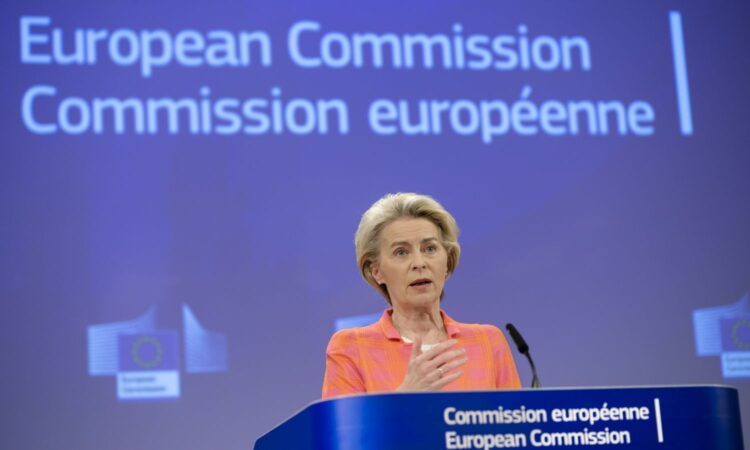
European Union member states gave the final stamp of approval to a regulation on Markets in Crypto-Assets (MiCA), the world’s first comprehensive set of cryptocurrency regulations.
Key Takeaways
- The European Union’s Markets in Crypto-Assets regulation completed its final stage of approval on Tuesday.
- The crypto regulation was approved by European Parliament last month.
- All signs are pointing to 2023 being an impactful year in terms of global crypto regulation.
Tuesday’s approval by the finance ministers of each EU member was the final stage in MiCA’s approval process. The regulatory framework was first proposed in September 2020 and was approved by the European Parliament in April. The regulations will go into effect in phases starting in 2024.
“I am very pleased that today we are delivering on our promise to start regulating the crypto-assets sector,” said Swedish Finance Minister Elisabeth Svantesson in a statement. “Recent events have confirmed the urgent need for imposing rules which will better protect Europeans who have invested in these assets, and prevent the misuse of crypto industry for the purposes of money laundering and financing of terrorism.”
MiCA covers a wide variety of crypto assets, from utility tokens to stablecoins, and crypto-asset service providers, such as custodial account providers, trading platforms, and exchange service providers. The rules require anyone who wishes to issue a crypto asset to obtain a license.
It also establishes anti-money laundering requirements for service providers. For example, crypto service providers will need to collect information regarding the senders and receivers of transactions with no regard for the amounts involved. The intention is to make it much easier to track crypto transactions more generally.
MiCA is part of the EU’s larger digital finance package, which also establishes a pilot regime for market infrastructures based on distributed ledger technology (DLT), an overall digital finance strategy, and the Digital Operational Resilience Act (DORA). The aim of the EU’s digital finance strategy is to foster a competitive and innovative digital finance sector in the EU, while mitigating risks, such as money laundering and the financing of terrorism, posed by emerging technologies.
The EU may be at the forefront of crypto regulation, but the need for stricter oversight is coming into focus globally. U.S. Securities and Exchange Commissioner Hester Peirce recently urged Congress to clarify crypto regulations after a slew of regulatory actions against crypto exchanges. The Group of Seven (G7) also discussed global crypto rules at its meeting in Japan last weekend.






